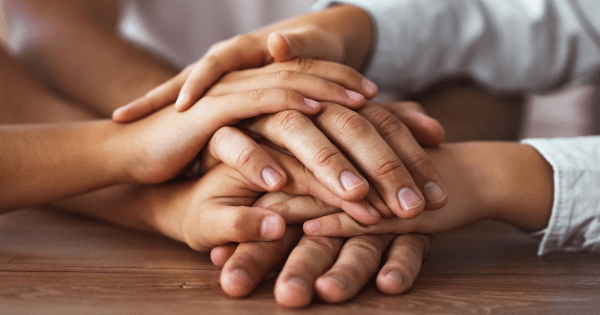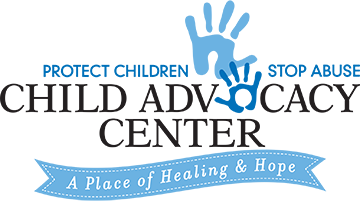
Child Advocacy Centers are amazing places. They offer coordinated, effective, one-stop supports and services when serious physical, emotional, and sexual injuries are inflicted on children and youth. CACs also are tremendously responsive to community needs. They build and resource partnerships forging conversations around preventing child maltreatment, growing skills in others to recognize and report potential maltreatment, and offer knowledge (including referrals if necessary) to parents, other agencies, and community members in service to preventing harms to children.
Perhaps less obvious is the significant support CACs offer parents and other caregivers of victims. As a parent, I am sensitive to the vulnerability, anxiety, even fear that arises when a child becomes entangled in physical and/or emotional harm. When learning of threat or harm to a loved one, the initial shock urgently becomes filled with dozens of questions about what happened, regarding what potential physical and/or emotional consequences, and quickly examining what is my (or our) role in ensuring immediate safety for them to heal and be protected from further problems. In matters of child maltreatment and sexual abuse, parents are quickly interjected into roles involving judgment (who to believe) and deciding immediate next steps. Parents often quickly must make decisions about safety, shielding from further hurt, cooperating with investigators, and medical personnel. In matters of maltreatment, there are child welfare folks, law enforcement and court persons, advocates, perhaps military personnel, school staff, others (for example, Guardian Ad Litem volunteers) also involved. They are important to the process because child maltreatment is a very serious problem. That’s a LOT of folks asking questions and, by law, becoming involved in the life of a family or caregiving situation. For children finding themselves suddenly in that vortex of activity, examinations, interviews, and questions about what’s next, parents and/or caregivers are right there in all of it – trying to learn, understand, make sense of it all, support and nurture their children, and sometimes asked to make life altering decisions on very short notice. Most critical to understand is that the support available to, and utilized by nonoffending parents/caregivers, directly impacts a child’s immediate and long-term adjustment to episodes of maltreatment.
Child maltreatment has deep, enduring consequences for nonoffending caregivers and parents, other family members, the entire family and community in addition to victims. There are extremely hard conversations to be had once allegations become known. Parents / caregivers are often in emotional shock, feel panicked, or completely overwhelmed. They need support, patience, understanding, accurate and helpful information just as the victim does. Their future most likely will be complicated by more visits from investigators, more medical appointments – and if maltreatment is found to have occurred -- long hours with attorneys and dealing with the courts, managing school responses, interacting with advocates or other court-involved persons, ensuring psychological/behavioral health and healing, perhaps reacting to faith community efforts to help, and sometimes even needing to change residences and employment. Having caring, helpful, and responsive professionals through the CACs services can be a lifeline. One-stop multi-disciplinary team interviewing cuts through the tidal wave of meetings and required retelling of what happened. On-site counseling, victim advocacy, care coordination, and many other supports exist in CACs.
When tasked with ensuring parent/caregiver protection and effective follow-up, emotions can spill over, uncertainty often fills the head while fear and despair take root in the heart. These are some of the typical severe consequences and impacts facing parents/caregivers while they support victims. What parents/caregivers do in the immediate and short-term following allegations of maltreatment can significantly improve (or not) healing trajectories for victims. CACs are guiding lights in the storm of emotional, physical, social, and other outcomes created by child and youth victimization.
